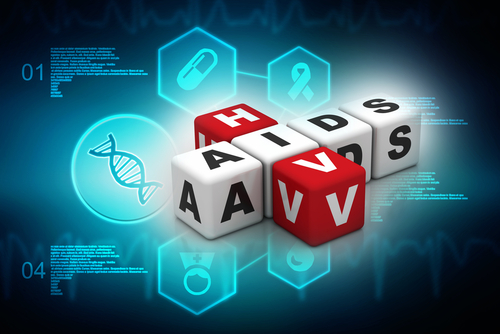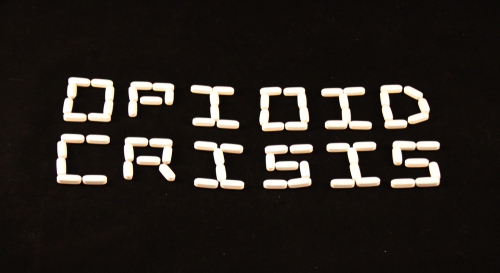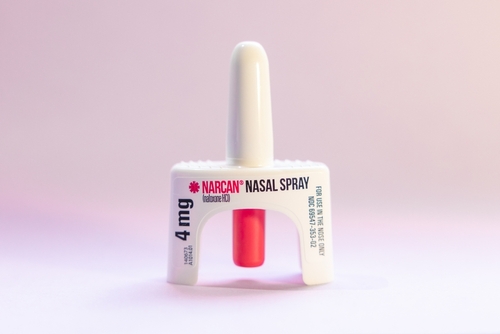
Gender-tailored methods that address the adverse childhood experiences (ACE) could mitigate the effects of opioid use disorder, according to the findings of a study published in the journal Addictive Behaviors.
In this study, researchers assessed 2012–13 nationally-representative data from 388 women and 390 men with opioid use disorder. Using weighted multinomial logistic regression, they evaluated factors associated with mental health comorbidity, tested a gender-by-childhood-adversity interaction term, and calculated predicted probabilities, controlling for covariates.
The results of the study showed that women with opioid use disorder were more likely than men to have comorbid mood or anxiety disorders (OR=95% CI, 1.72 to 1.20), and less likely to have conduct disorders. The researchers observed that women more likely to have prescription opioid use disorder, (3.72 [2.24, 6.17]), and had fewer have heroin use disorder occurrences (0.39 [0.27, 0.57]) than men.
Moreover, among both genders, the results showed that ACE prevalence is high (over 80%) and more than 40% are exposed to at least three types types of ACE. Women experienced higher rates of sexual abuse than men (4.22 [2.72, 6.56]) and emotional neglect (1.84 [1.20, 2.81]). The findings showed that comorbid mood or anxiety disorders are associated with female gender (1.73 [1.18, 2.55]) and exposure to at least three types of ACE (3.71 [2.02, 6.85]), controlling for covariates.
“Women are often treated for opioid use disorder in predominantly male settings,” said University of Massachusetts Amherst epidemiology researcher Elizabeth Evans in a press release about the study. “The care to address opioid use disorder and mental health conditions needs to be coordinated, and women’s fears need to be addressed,” such as concern over potential loss of parental rights if they seek treatment.
“The findings suggest ACE may cause or contribute to opioid use disorder differently for women and men,” says Evans, assistant professor in the School of Public Health and Health Sciences. “We need to address these ACE issues, in addition to opioid use disorder and mental health problems, in order to resolve both of these conditions.”
Gender-tailored treatment could ease opioid epidemic @umassamherst https://t.co/DIdyw8KZh8
— Medical Xpress (@medical_xpress) December 20, 2019
“This survey is a powerful resource for understanding the causes and consequences of addiction in our country. It has a broader range of the continuum of addiction, including all those people who never access treatment. Another powerful advantage is that the survey measures childhood adversity, mental health, and opioid and other types of substance use disorders. Very few nationally representative surveys measure all of those risk factors and conditions,” Evans explains.
Gender-tailored treatment could ease opioid epidemic https://t.co/FubGSQHLvb
— Palliative Care News (@PallMedNews) December 20, 2019
Gender-tailored treatment could ease opioid epidemic https://t.co/L6nrzyA1Hd
— Science Codex (@sciencecodex) December 21, 2019







 © 2025 Mashup Media, LLC, a Formedics Property. All Rights Reserved.
© 2025 Mashup Media, LLC, a Formedics Property. All Rights Reserved.